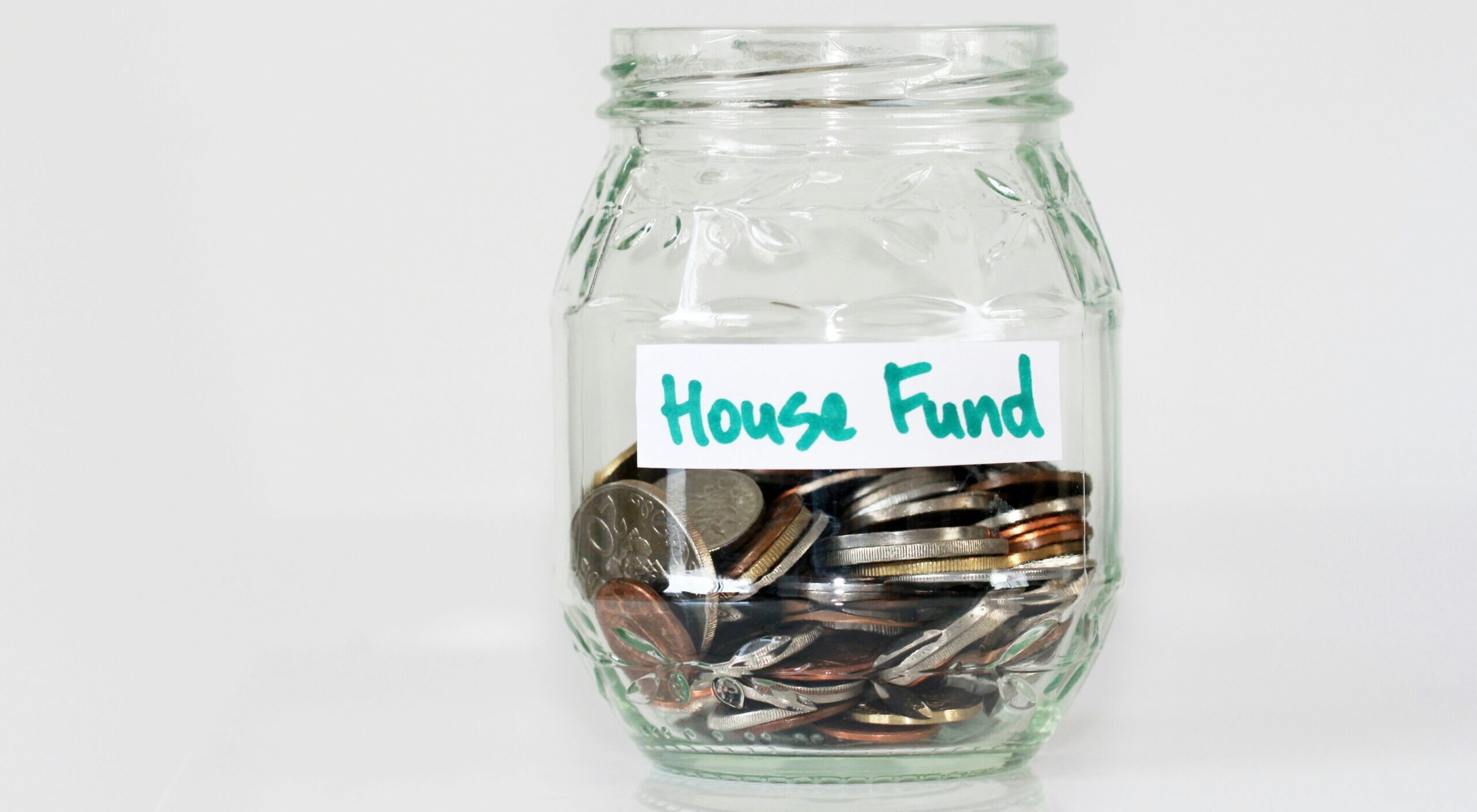A Guide to Mortgage Deposits

If you’re looking to buy a house, you may be interested in learning more about how deposits work. You may know you need to pay a sum of money to achieve your dream home, but what does paying a house deposit actually involve? Within this guide, we’ll cover what deposits are, how much money you need for a deposit and many commonly asked questions on the topic.
What is a deposit on a house?
A mortgage deposit is usually a percentage of the property that is paid upfront towards the purchase of a home and then the rest is covered by a mortgage, which is repaid over time with interest.
How much deposit do you need for a house?
A deposit for a house loan can differ depending on which mortgage option is the best for you and how expensive the house is. The average deposit for a house is 10% of the property price, but you could put a larger deposit down to have a lower monthly repayment or choose a smaller deposit to help short-term outgoings.
Arguably one of the biggest barriers for prospective homeowners is the deposit, making it hard for young people to get onto the property ladder. According to The Independent, the government are considering introducing a 99% mortgage which would mean only a 1% deposit.
What is a good deposit for a house?
Although there are low deposits, it is beneficial to consider the interest rates on paying back a mortgage and whether putting down a larger chunk of money at the start could be worthwhile. Putting down a larger deposit could give you more mortgage options with lower interest rates. If you’re in no rush to buy, spending the time to save up for your deposit means you’ll have lower monthly mortgage payments as you’ll borrow less.
Saving for a house deposit
Saving up for a deposit is all about setting realistic goals, exploring what saving options are available, and remaining consistent. Take the time to explore if there are any government initiatives that could help you like the Lifetime ISA (LISA).
Choosing the right mortgage
Compare interest rates, fees, and loan terms from different lenders to find a mortgage that suits your needs and budget. Remember, a lower interest rate doesn’t necessarily mean the best deal – factor in fees and the total cost of the loan over its term.
Factors that impact a deposit
Although you may have found the mortgage you want, the amount you can borrow could be impacted by:
- Your credit rating and debt history.
- Your income.
- Your spending habits.
The main factor banks will be looking for is whether you have the available income to be able to pay back your mortgage on time. You should only choose a mortgage with a deposit that you can comfortably afford. A mortgage advisor could help to guide you through this process to ensure you receive the best deal.
What is loan to value?
A term you might have heard when looking at mortgages is ‘Loan to value’, or LTV. A loan-to-value ratio is the total mortgage amount divided by the appraised property value. This means if you buy a £200,000 home and put down a deposit of £20,000, you’d be borrowing £180,000, making the loan-to-value ratio 90% (i.e., 180,000/200,000).
Can you buy a house with no deposit?
A mortgage without a deposit is called a 100% loan-to-value mortgage since you will be borrowing the whole property price. These types of mortgages are rare to find, but not impossible in the UK. In 2023, Skipton Building Society created a 100% LTV mortgage known as their Track Record Mortgage for current renters. It is important to note, however, that this mortgage could be more expensive than other options based on the interest rate they use.
When do you pay a deposit for a house?
When contracts are exchanged by your conveyancer or solicitor, this is when you will pay your deposit. You won’t send the money directly to the seller’s conveyancer, rather your conveyancer will handle this so you will send the money to them. The exchange of contracts usually occurs a few weeks before the property purchase is fully completed.
Don’t be daunted by deposits
Overall, choosing a deposit is an individual choice influenced by many different factors such as income, gifted funds, government schemes, and more. Our biggest advice is to shop around and compare all of the options available to you so that you find a deal that is comfortable for you to pay back monthly. We hope this guide has given you the confidence to navigate the mortgage deposit process. For more help and advice on the home-buying journey, explore our blogs by County Town Homes.

